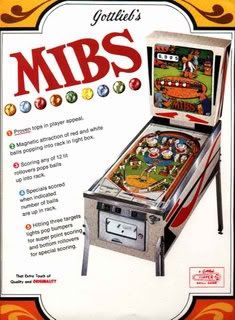I never really caught the Pac Man craze, but when Pong came out, my friends and I were fascinated. The idea that computers were not just for geeks collecting data, and that you could actually have one in your home, was exciting! Pong was not sophisticated enough to create many passionate players that I know of, but Nintendo was another story. Nintendo systems were hugely popular in the 1980's. At arcaderetro.com you can still play my favorite Nintendo game, Duck Hunt. Duck Hunt was my introduction to sight alignment and foresight focus, skills needed to accurately shoot the Nintendo Zapper Light Guns and also real firearms.
The successful marketing and popularity of Nintendo home gaming systems created a huge demand among consumers for more sophisticated graphics and games. Today's gamers can choose to purchase Microsoft's Xbox 360 ($250), a Sony Playstation 3 ($400), and Nintendo's Wii ($350), among other game systems. Which of these systems is best for library purposes? I have no idea. An interesting blog, called Library Garden, also posed this question. The opinions expressed there leaned toward endorsements of Nintendo's Wii, for several reasons: the availability of games geared towards both genders, the ability to download classic games, the symplicity of controllers, and an interactive system which enhances social opportunities.
But I would still like one of these:




